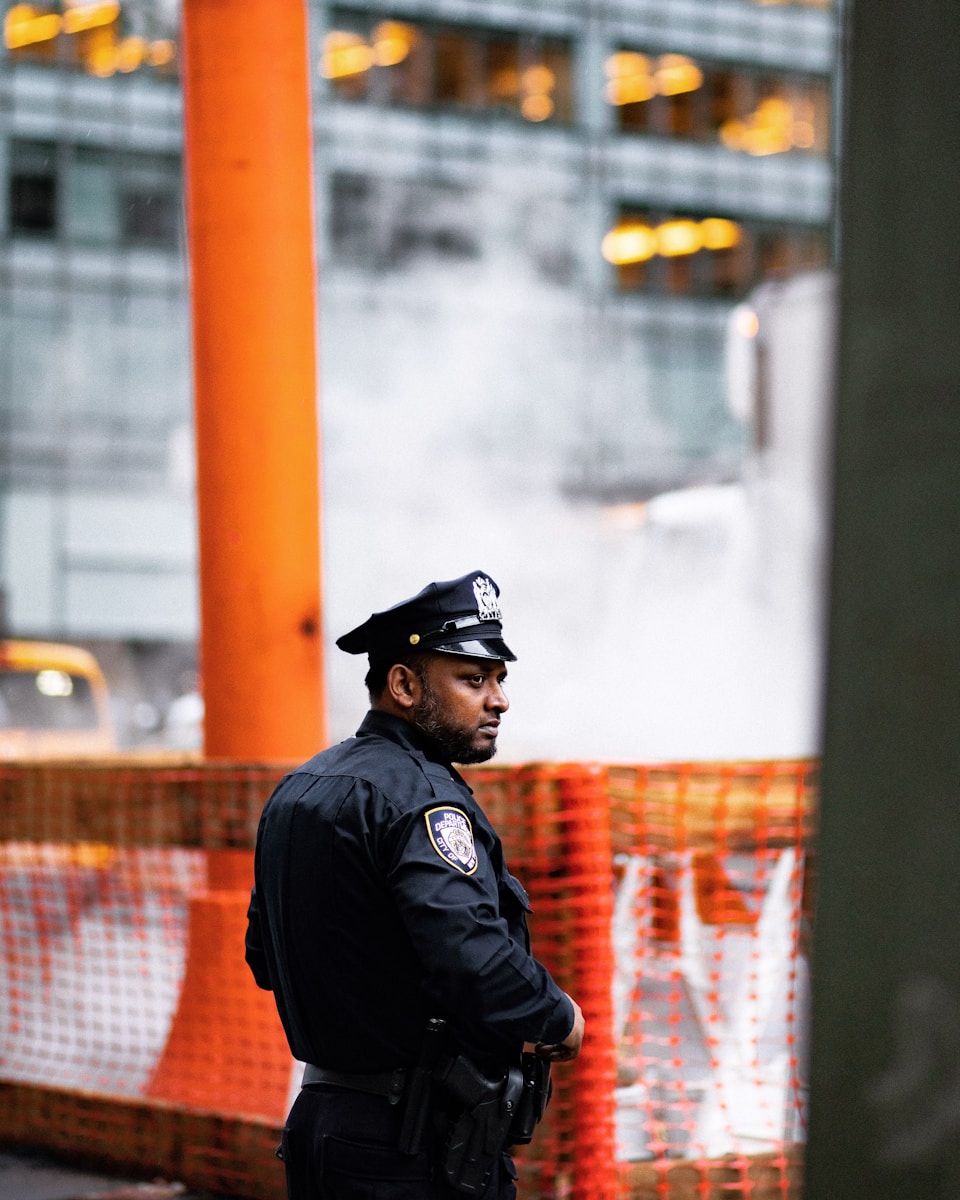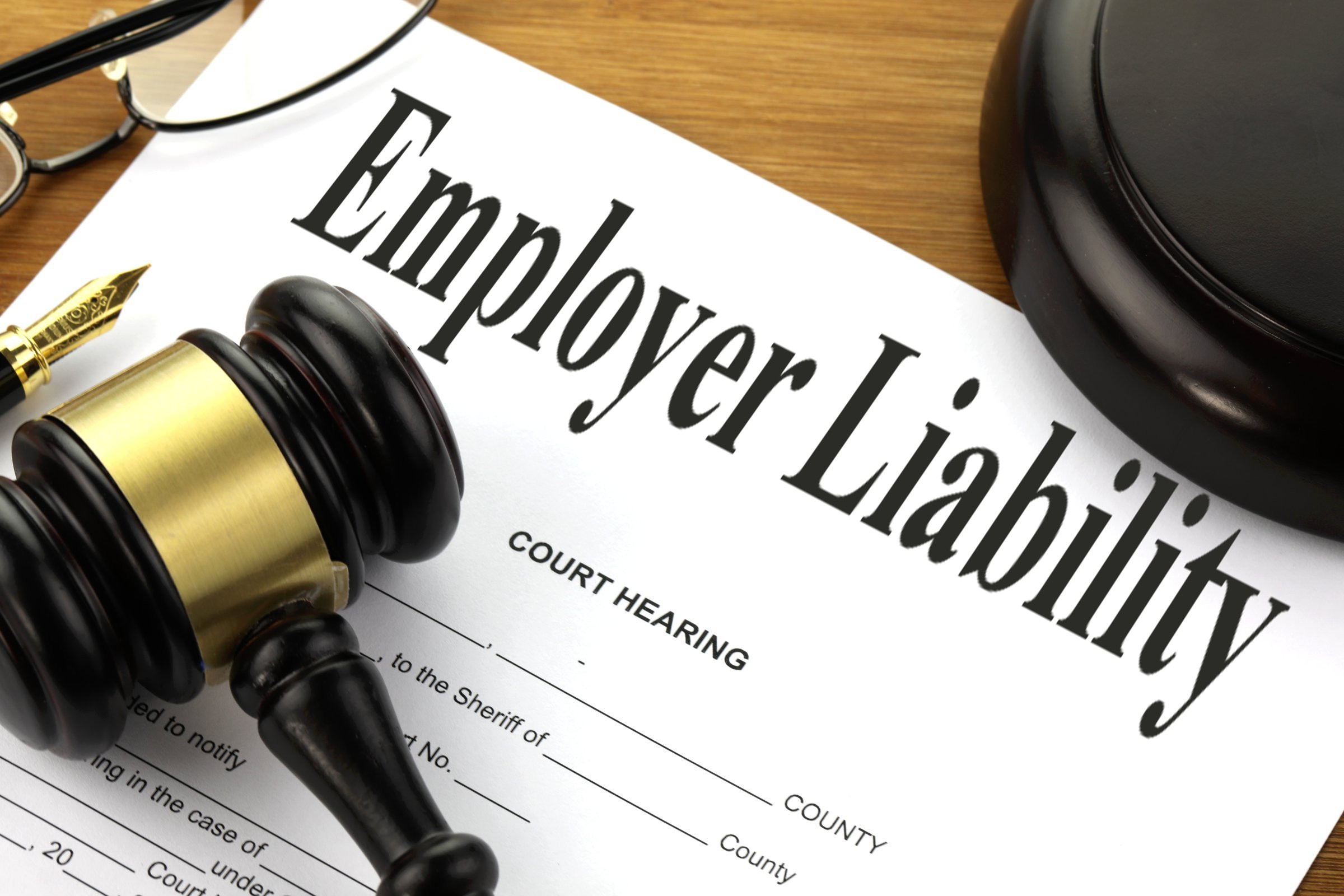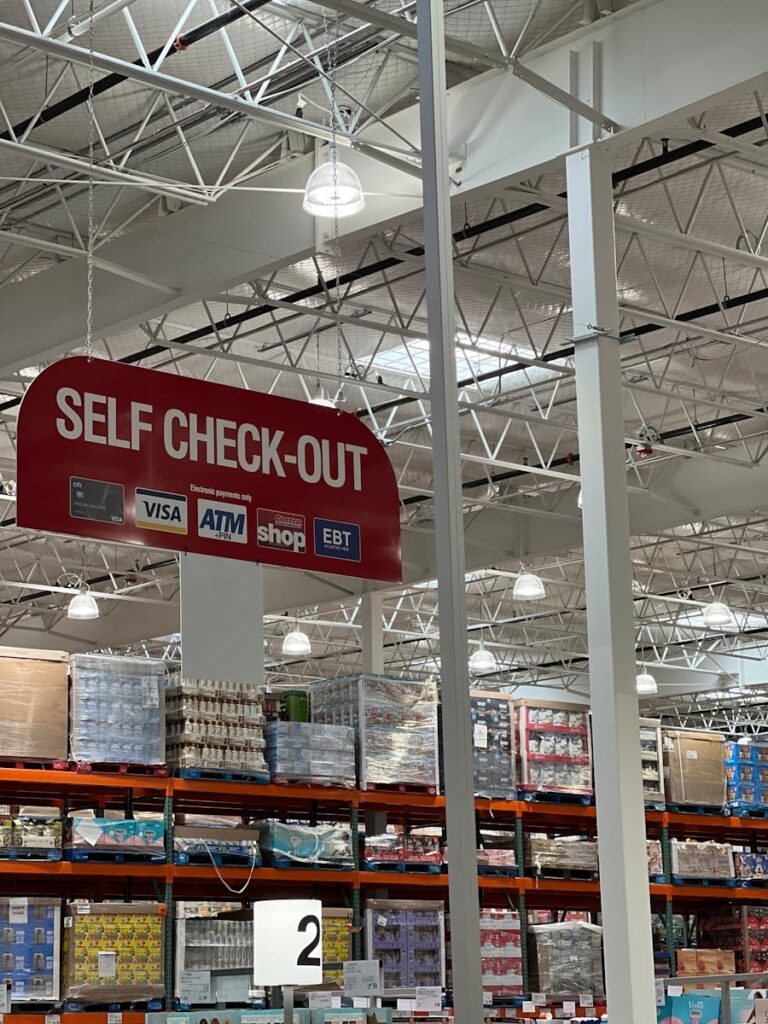
The Dilemma of Retail Employee Protection: From Violence to Responsibility Shifting
Being “**abused, assaulted, threatened or intimidated**” seems expected now. This is just part of the job, they feel. Imagine going to work knowing this. Verbal attacks or threats could happen during your shift. Physical intimidation might too. This expectation is a big burden.
It much heavier than any basket. It heavier than scanning things quickly. It truly harms the value of retail work. Stores often do not take enough steps beforehand.
That is what the union argues. They do not stop the customer’s bad actions first. The focus gets placed on how staff **responds** instead. Cullinan suggests employers “shift the responsibility back on the worker. ” They somehow propose the real issue was the employee’s “failure to deescalate the situation. This feels like two problems at once.
You getting abused by someone. Then you potentially held accountable. You might be blamed for not handling it perfectly. So, what might actually help things? The union suggest concrete steps. Retailers should take these on directly.

Hiring security guards upfront is one idea. This might seem too much, Cullinan admits. But it worked well during Covid. It deterred problems then. It could prevent things getting worse early. This is about having someone visible.
It signals safety is important. Putting systems in place to flag bad shoppers is needed. Banning repeat offenders seen as crucial. Supermarket loyalty programs already gather lots of customer data. Using technology to find and ban people repeatedly abusing staff is possible. This shows the ability might exist.
It a matter of retailers making it a priority. They must invest in worker safety systems. Shutting down the area when something happens is another idea. The union suggest this. This would let police get involved.
More importantly, it prioritizes staff well-being. It also helps other customers nearby. It creates a clear limit. It sends a message too. Abusive actions will have results. It will disrupt the store operation.

These plans show the union thinks proactive change by bosses is needed. Not just workers reacting to things. Beyond abuse, technology changes retail too. It affects how we pay for things. Self-checkout systems are a good example. Stores put them in and change them.
The 15-item limit is common. It meant to keep lines moving. But retailers try self-checkout in many ways. Walmart, for instance, has tested things. They made self-checkout just for Walmart+ members sometimes.
Or they closed them specific hours. They opted for more cashiers at those times. These changes are not just about speed. They linked to trying to stop theft. But one strange Walmart test used RFID.

Checkout Revolution Under Technological Innovation: From Self-Scan to Checkout-Free Stores
That self-checkout would end receipt checks. That test has been phased out since. Target also added more express lanes. They limit them to 10 items.
This happened in 2,000 US stores by March 2024. Even Walmart seen restricting customers at self-checkout sometimes. They limit them to 15 items or less. Self-checkout aims for easy shopping. It also helps stores be efficient.
But it can create new issues. Shoppers might get annoyed by item limits. System problems also frustrate. They might feel not enough regular checkouts open. This sometimes adds pressure on fewer staff members. The tech changes the interaction.
It not necessarily stop bad encounters though. It just change how they look. Then there is stores with no checkout at all. This is a bigger step. Aldi’s ‘Shop & Go’ store is one example.
Read more about: Retailers Navigate Complex Anti-Theft Landscape as Strategies Evolve

It in Greenwich, London. It opened in 2022. This store uses cameras with AI. They track items you take.
It charges your card automatically when you leave. It says “no tills, no self-checkout and no staff. ” A security guard might be there. The idea simple.
Walk in, take what you want, and just walk out. But this technology has its own problems. Aldi added a £10 pre-payment. It a deposit taken before you enter. This applies to app users or contactless payment users. This deposit comes off the final bill.
But customers spending less or buying nothing could wait days. They wait for a refund. Some shoppers even report being charged more than once by mistake. Aldi says this checks cards. It ensures smooth transactions. But it has made shoppers frustrated.
It cause division among them. Some say they distrust it. Others worry the system has “complete access to your funds. ” The part about ‘no staff’ in checkout-free stores brings up jobs.
Some people like the futuristic convenience. Others worry the technology is “putting people out of work. ” This future view of retail definitely changes frontline jobs. It could reduce need for checkout workers.
But maybe it create new jobs. Like maintaining the tech. Or security roles. Or helping customers with tech problems. Underneath these tech and store changes is staffing levels.

This is critical issue. One story involves a Best Buy customer. They walked out after waiting 20 minutes. Only one person worked in that area. Others were not helping.
This show even with employees there, not enough staff leads to bad experiences. It puts pressure on staff who are present. Big stores been criticized online. People say they do not have enough staff working. This is a widespread problem. Best Buy’s reaction in that case was note feedback.
They would pass it to store leadership. This might seem a better promise than just a complaint form. The final result is unknown. But the main issue of not enough staff remains a worry.
Read more about: Everyday Items People Say Are Now Too Expensive to Justify Buying

Wage Growth and Rights Imbalance: The Realities of Retail Compensation Reform
It often linked to stores trying to save money. In midst of these store challenges, pay and benefits matter. This applies to retail staff. Big changes are coming. National Living Wage increases happen. National Minimum Wage too.
This is happening April 2025 in the UK. The living wage for older workers goes to £12. 21. Pay rising for younger workers too. These increases part of a trend. Pay is getting more competitive now.
Aldi and Lidl are paying the most. Aldi will have £12. 75 nationally starting March 2025. It will be £14.
05 inside the M25 area. This makes it the highest paying store in London. Lidl is close behind. They pay £12. 75 nationally (£14 within M25).
Read more about: The Rising Costs of Everyday Luxuries: When Familiar Pleasures Become Pricy

Other big stores are also raising rates a lot. Like Asda (£12. 60 nationally Oct 2025). Co-op (£12. 60 nationally Aug 2025).
M&S (£12. 60 nationally April 2025). Sainsbury’s (£12. 60 nationally Aug 2025). Tesco (£12. 64 nationally Aug 2025).
Morrisons a little lower at £12. 21 nationally. But the decade before Covid saw less support. The original text noted this. Pay went up sometimes. But overtime rates got lower.
Read more about: Spring Fashion Revolution: 10 TikTok-Approved Trends Gen Z is Loving

Paid breaks got cut. Premium rates too. Job perks also dropped off. Asda took away staff canteens, for example. Pay rates are increasing now. But the total benefits package differs a lot.
Aldi pays high wages. But they do not offer staff discounts. No bonus schemes either. No cheaper meals.
They do pay breaks though. That valued at an extra £1,370 yearly. Other stores like Asda and Co-op offer discounts. Lidl, M&S, Morrisons, Sainsbury’s, Tesco, and Waitrose too. Discounts often 10-25%. Some offer other benefits.
Like cheaper meals or health help. Or bonuses. Total pay is not just the hourly amount. This comparison shows that. More wages is good.

The Future of Retail Work: Re-balancing Technological Replacement and Human Care
It makes the job better financially. But money alone can’t fix feeling unsafe at work. It can’t fix being disrespected. Facing frequent abuse is a major problem. It hurts job satisfaction.
It affects overall well-being. This is true even with good pay or discounts. The future of retail work is complicated. System issues like safety and respect are part of it. Tech brings chances and problems. Staffing levels go up and down.
Stores cut costs there. Pay and benefits getting better, but not always steady. Operations might get more high-tech. Wages might rise. But basic human needs must be central. Staff need to feel safe.
They need to feel valued. They need support too. The sector needs to focus on this. Addressing the expectation of abuse is key. The union highlighted this.
It arguably the most important thing to handle. This applies to people working retail today. It looking past how fast things scan. It looking past efficient tech.
It about the real people doing it all. They deserve better. And they need it now.
Related posts:
Aldi shopper blasts Walmart-style policy after being ‘blocked’ from checkout zone – he had to join 2nd line
Supermarket pay in 2025: what are store staff’s hourly rates?
Aldi staff confront shopper in checkout video that exposes ‘devastating’ Aussie issue





